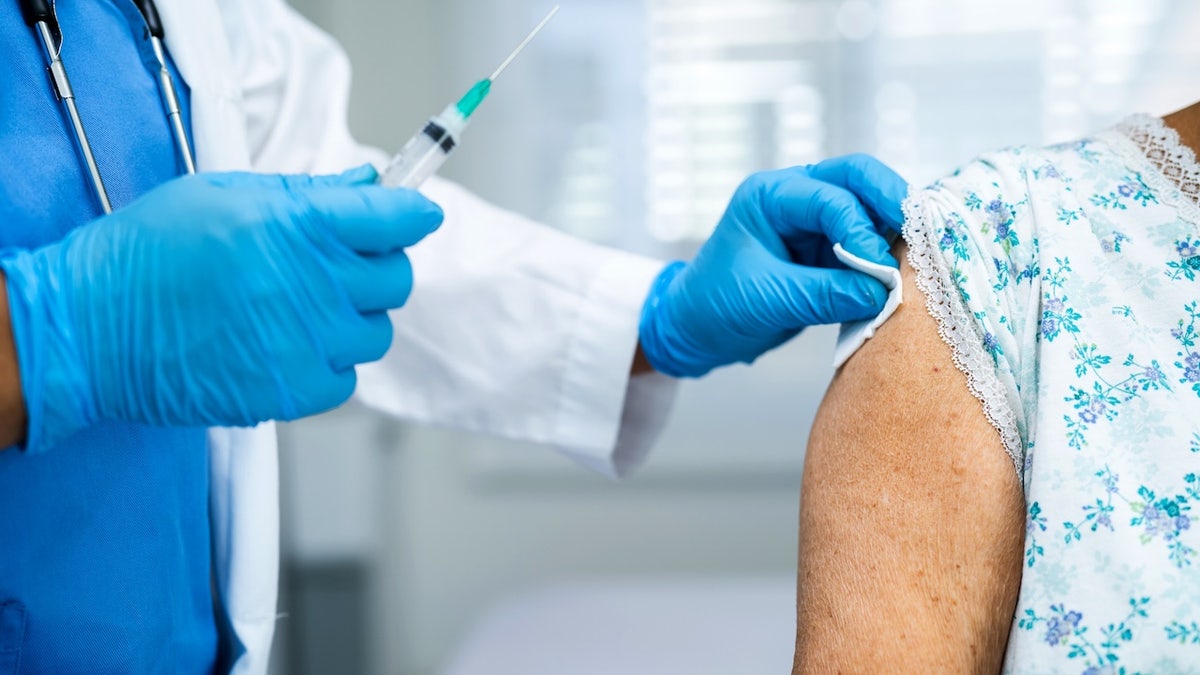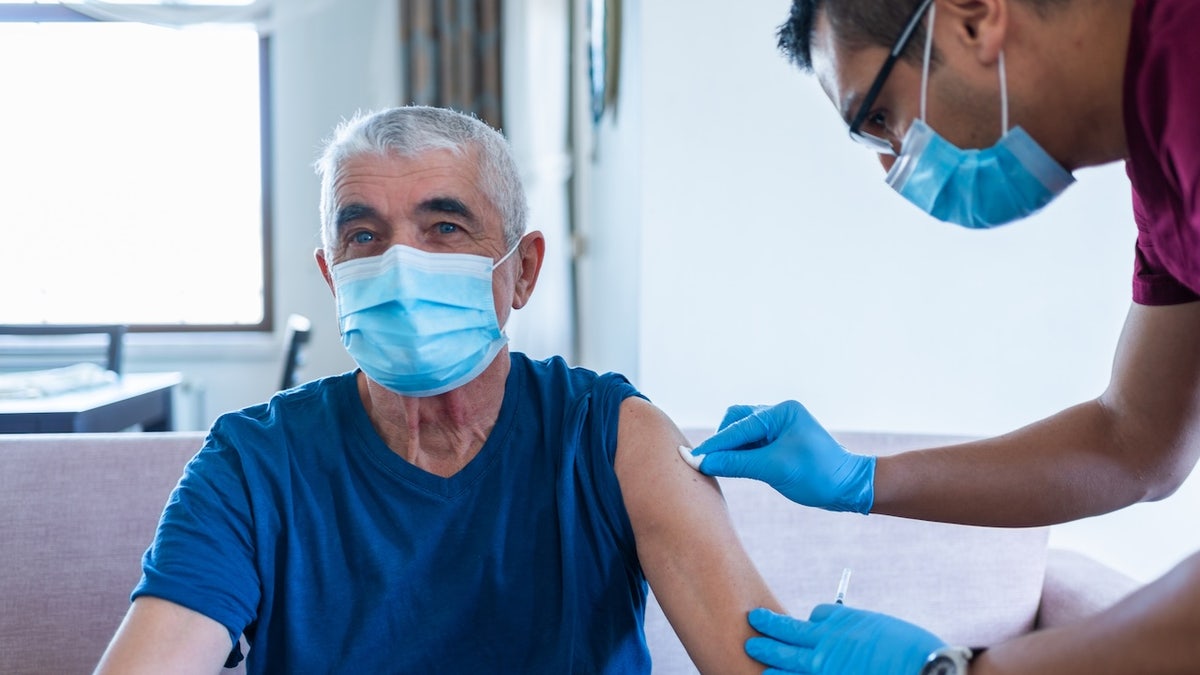【】
发布时间:2025-09-11 20:53:11 来源:都市天下脉观察 作者:百科
- Comments
Dr. Jay Bhattacharya says cancer vaccine research showing 'promising' results
Fox News senior medical analyst Dr. Marc Siegel discusses Health and Human Services Secretary Robert F. Kennedy Jr. cancelling funding for mRNA vaccination contracts due to lack of public trust.
NEWYou can now listen to Fox News articles!An experimental cancer vaccine has shown promise in keeping certain cancers from coming back.
In a phase 1 clinical trial led in part by the UCLA Health Jonsson Comprehensive Cancer Center, researchers tested the vaccine (ELI-002 2P) with 25 patients who had been treated for pancreatic and colorectal cancer.
The patients had all undergone surgery to remove tumors and showed "signs of minimal residual disease" or traces of DNA, putting them at a high risk of recurrence, according to a UCLA press release.
WOMAN BEATS DEADLY BRAIN CANCER WITH INVESTIGATIONAL CELL THERAPY: 'TRULY AMAZING'
More than 80% of pancreatic cancer patients experience recurrence of the disease after surgery, research shows — and for 40% to 50%, this happens within the first year.
For colorectal cancer, the recurrence rate is between 30% and 50% and is most likely to occur within the first two years after surgery.

In a phase 1 clinical trial led in part by the UCLA Health Jonsson Comprehensive Cancer Center, researchers tested the vaccine with 25 patients who had been treated for pancreatic and colorectal cancer. (iStock)
Mutations in the KRAS gene are responsible for half of colorectal cancers and more than 90% of pancreatic cancers. The vaccine, which targets those mutations, was given via a series of injections to activate an immune response in the lymph nodes.
A majority (21 out of 25) of the patients generated "KRAS-specific T cells," which indicates a stronger immune response. The ones with higher T-cell responses showed a longer relapse-free survival compared to those with lower responses, the researchers found.
MAN'S DEADLY BRAIN CANCER TUMOR DISAPPEARS AFTER EXPERIMENTAL DRUG TRIAL
For three colorectal cancer patients and three pancreatic cancer patients, the vaccine appeared to remove all disease biomarkers.
Among the patients who showed the strongest immune response, a majority were still cancer-free nearly 20 months after receiving the vaccine.
The findings were published in Nature Medicine.

A majority (21 out of 25) of the patients generated "KRAS-specific T cells," which indicates a stronger immune response. (iStock)
"This is an exciting advance for patients with KRAS-driven cancers, particularly pancreatic cancer, where recurrence after standard treatment is almost a given and effective therapies are limited," said first author of the study, Zev Wainberg, M.D., professor of medicine at the David Geffen School of Medicine at UCLA and researcher in the UCLA Health Jonsson Comprehensive Cancer Center, in the release.
"We observed that patients who developed strong immune responses to the vaccine remained disease-free and survived for much longer than expected."
"The new cancer vaccine from UCLA is very promising as a major tool against these cancers."
相关文章
- Sean Feucht concert in Seattle sparks controversy despite permit approval
- 强降雨天气,北京疾控发布十大健康提示 — 新京报
- 北京发布洪涝灾害预防性消毒和病媒生物防制技术指引 — 新京报
- 北京城市副中心六环高线公园将分批亮相,2029年整体建成 — 新京报
- Take this week's American Culture Quiz and test your knowledge of fruit, tech and more
- 北京平谷这五座水库仍在泄水,请远离山洪沟道等涉水区域 — 新京报
- 北京:所有受灾行政村已实现应急供水 — 新京报
- 北京交警:京开高速新发地桥下有积水 车辆暂时无法通行 — 新京报
- Youngkin can't run again due to Virginia's consecutive gubernatorial term ban
- 平谷体育中心安置点,给一家7口设置了“母婴室” — 新京报
- Stephen Colbert tells Trump 'f
- 多支救援队伍赶赴怀柔琉璃庙镇 — 新京报
- 国道111京漠线8月2日6时起解除管控,开放社会交通 — 新京报
- 今年以来北京累计降雨量539.3毫米,比常年同期偏多67% — 新京报
- CBS News react to reports that Bari Weiss may join network as part of major deal
- 早安北京0731:最高温30℃;北京已抢通57处公路水毁点 — 新京报
- 千年一绝——无梁阁 — 新京报
- 早安北京0731:最高温30℃;北京已抢通57处公路水毁点 — 新京报
- Chiefs' Xavier Worthy injured in collision with teammate Travis Kelce
- 北京已抢通57处公路水毁点,G111国道怀柔段断点全打通 — 新京报
随便看看
- Copyright © 2025 Powered by 【】,都市天下脉观察 辽ICP备198741324484号sitemap
